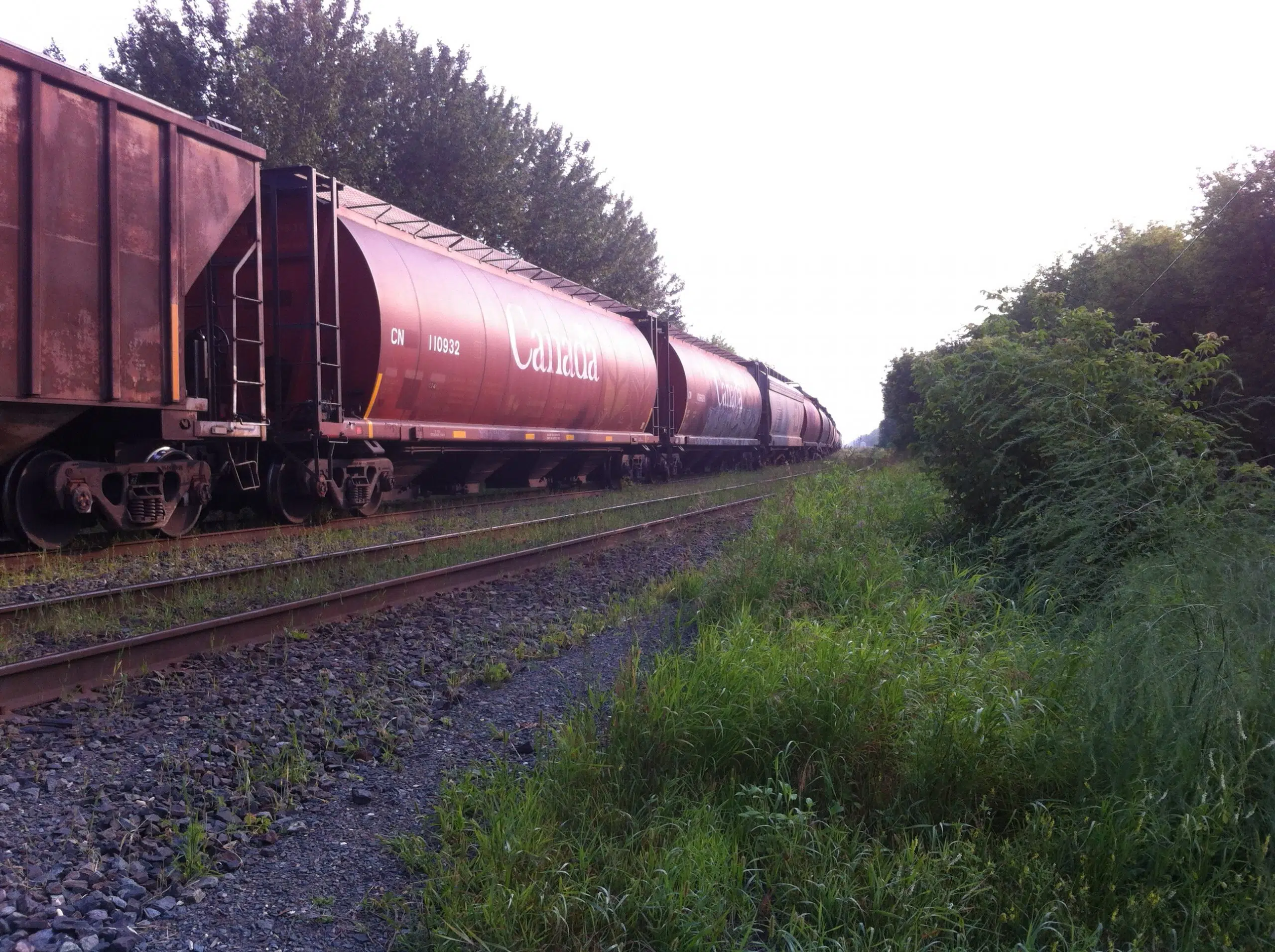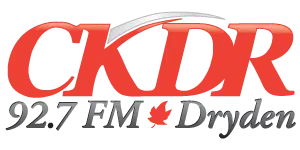
The head of the union representing officers with the Canada Border Services Agency says more staff and facilities are needed to adequately inspect rail cars crossing the border.
Mark Weber, national president of the Customs and Immigration Union, told a common’s committee this week only one-one millionth of products coming into Canada from the U.S. get inspected.
Weber makes note of the trains passing through Fort Frances.
“Trains that for instance used to be looked at in Fort Frances, coming into Canada, now they’re being looked at 400 kilometres away in Winnipeg, says Weber.
Weber says even Winnipeg doesn’t have an adequate facility for rail inspections, so any search goes undone.
He says inspections of trains take time because the rail cars have to be separated from the rest of the train before they are checked.
He offers a couple of solutions.
“I think the infrastructure would have to be built, along with putting people there to actually work it. Another solution is to look at having us use facilities that are available on the U.S. side to do that work if they would allow us to do that,” says Weber.
Weber adds railways aren’t being pushed to have those facilities in place.
“CBSA has not forced rail carriers to provide rail inspection facilities at the first point of arrival. This despite their legal ability to do so under section 6 of the Customs Act.”
He says the same section forces private bridge operators to have customs facilities, which is forced by CBSA.
Weber also notes there are over a million dollars in administrative monetary penalties sitting on a manager’s desk in Fort Frances that are not being applied.



